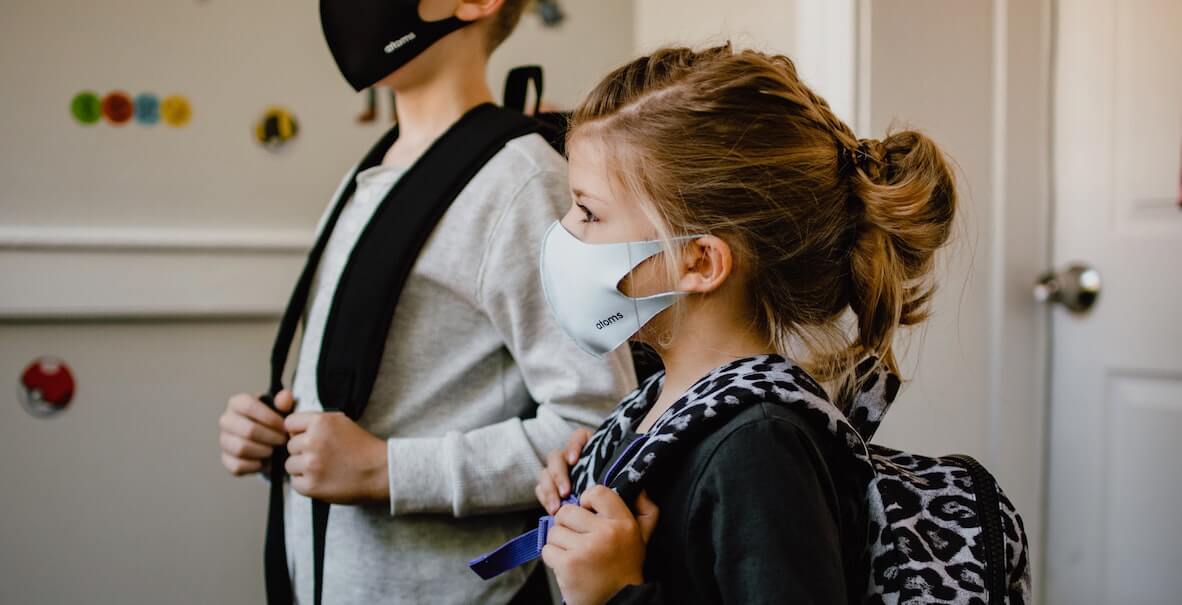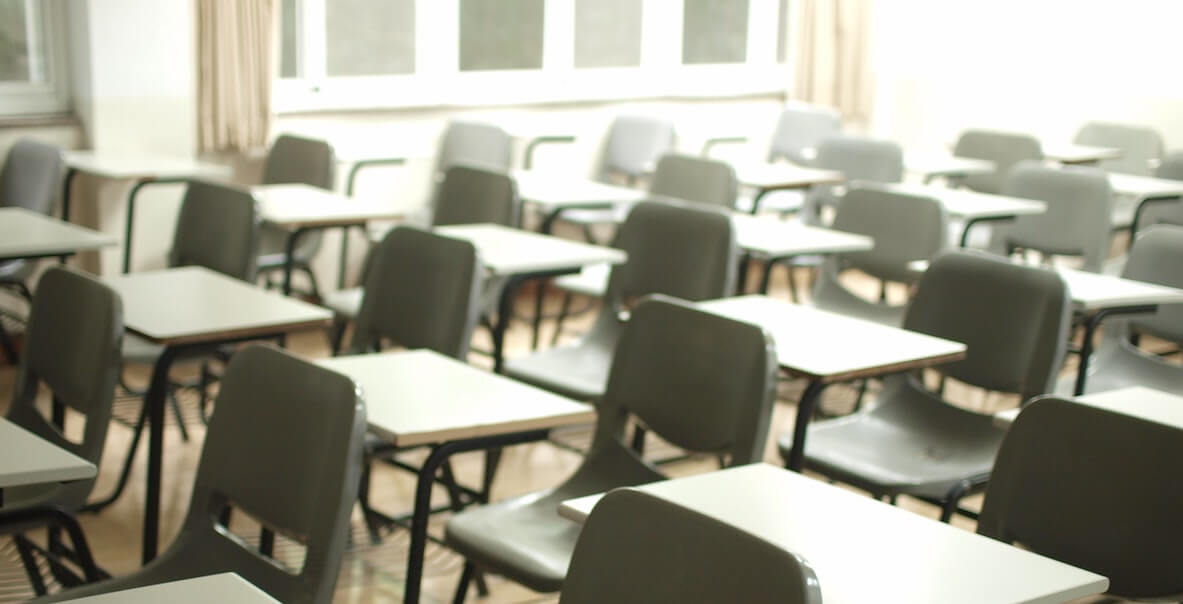At 8 years old, my Saturday haunt was the North Philadelphia Woolworths five and dime on 25th and Lehigh. I would prowl the novelty aisle with my weekly quarter bouncing in what my mom called “my hot little hands.” One week, I found something I couldn’t live without—a thick mustache, big nose, and hairy eyebrows held together by round plastic glasses. The disguise may have looked stupid, but, for me, it promised the freedom of anonymity.
The thought that I could leave my identity behind and travel my neighborhood undetected consumed me. So much so that it never entered my mind that no one would believe the mask’s big white nose belonged to a skinny black boy from North Philly. No matter—I wanted the disguise. Then came my mom’s sobering words: “You’re not gonna fool anybody with that.”
That’s how I feel about the Chicago Teachers Union’s strike against in-person schooling that ended recently. It’s special-interest politics flimsily disguised as a health crisis. And it’s not fooling anyone.
RELATED: School is the safest place for our kids to be, argues CHOP PolicyLab pediatrician
No one believes teachers’ union officials’ ominous predictions of death and gloom if children were in the classroom. Even Chicago’s chief medical officer said otherwise. She said she’s following the science. The teachers do, too. But they have a questionable history.
Back in 2019, newly elected Chicago mayor Lori Lightfoot was negotiating a contract with the teachers’ union. It gave the union all they had asked for, when suddenly they started asking for more. Beyond the normal wage, benefits and work rules negotiated, the union demanded things like additional government-funded housing. And it became clear that the union was willing to strike to get whatever it wanted.
When there are no options other than the government-run, union-dominated public schools, the school year runs at the whim of the union.
The union had supported another candidate for mayor who Lightfoot beat in a runoff at a nearly three-to-one margin. But it was the start of the Democratic presidential primary, and candidates Joe Biden, Elizabeth Warren and Bernie Sanders became the “white saviors”—but only on behalf of school district employees, not the 300,000 mostly Black and Brown, lower-income students.
They undermined the mayor’s negotiations, which cost the city even more money than it was already willing to spend. This successful confrontation emboldened the teachers’ union to keep asking for more than the city should be expected to give. The union, which signed an agreement not to strike as part of contract negotiations, nevertheless staged a walkout this year, prompting frustrated parents to file a lawsuit to stop future illegal strikes.
Philadelphia parents should ask what’s keeping the Philadelphia Federation of Teachers from following in their Chicago counterparts’ footsteps. The answer is simple: competition.
Pennsylvania has a longstanding tax credit scholarship program that gives thousands of lower-income parents the means to choose a private school if the district isn’t meeting their needs. But Illinois is still at a very early stage in offering a similar tax credit scholarship program.
Even more importantly, charter school enrollment in Chicago only 16 percent of total enrollment. In Philadelphia, one-third of public school students—about 70,000 kids—attend charter schools.
In other words, Philadelphia parents have options that far outstrip families in Chicago. The Chicago Teachers Union holds all the chips, and Chicago parents—specifically low-income parents—have precious few. When there are no options other than the government-run, union-dominated public schools, the school year runs at the whim of the union.
No doubt, competition and parental choice are what keep the School District of Philadelphia open for business.
There are surely some in the Philadelphia Federation of Teachers who look at the Chicago union’s muscle-flexing labor actions with envy. But if a strike shut down Philadelphia schools, parents would flock to private, charter, and cyber charter alternatives, and union power would diminish.
No doubt, competition and parental choice are what keep the School District of Philadelphia open for business.
Though school choice programs are far from perfect here, the way forward for every major American city is to learn from them. Restore competition so that unions can no longer disguise their selfish actions as collective bargaining. Let’s drop the façade. It’s time to prioritize students through school choice.
Dave Hardy, co-founder and retired CEO of Boy’s Latin of Philadelphia charter school, is a distinguished fellow for the Commonwealth Foundation.
The Citizen welcomes guest commentary from community members who stipulate to the best of their ability that it is fact-based and non-defamatory.
![]()
MORE ON EDUCATION DURING COVID-19
Header photo by MChe Lee on Unsplash




